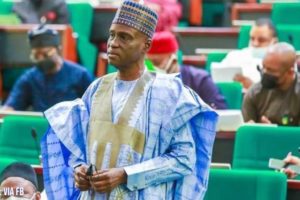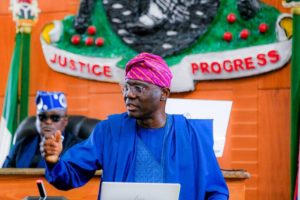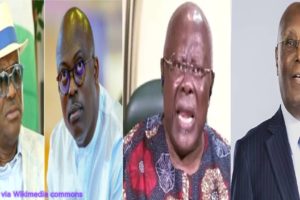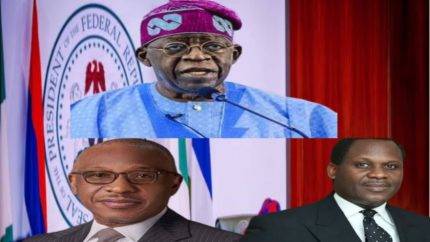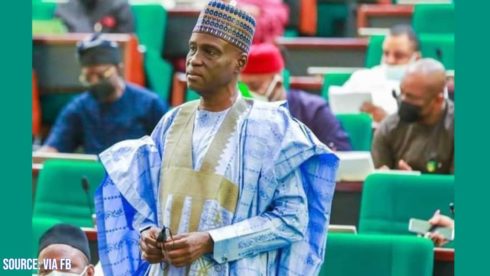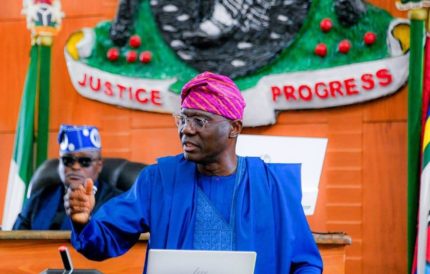Presidential Directive: Irukera and Okoh Relieved, Not Dismissed
In a significant turn of events, President Tinubu has taken decisive action by issuing a directive for the transition in leadership within key government agencies. The prominent figures affected by this directive include Babatunde Irukera, who served as the EVC/CEO of the Federal Competition and Consumer Protection Commission (FCCPC), and Alexander Ayoola Okoh, the Director-General/CEO of the Bureau of Public Enterprises (BPE). While initial media reports may have suggested dismissals, it is imperative to clarify that President Tinubu’s intent was not to terminate their roles but rather to facilitate a strategic change in leadership for the effective functioning of these agencies.
This move signifies the President’s commitment to ensuring a seamless transition of leadership within critical governmental bodies. By initiating this shift, President Tinubu aims to enhance the efficiency and effectiveness of the Federal Competition and Consumer Protection Commission and the Bureau of Public Enterprises. This decision is aligned with the government’s broader strategy to drive positive change and optimize the performance of key agencies, contributing to a more robust and responsive governance framework.
Media Misconceptions and Clarifications
In the latest directive covered extensively by various media outlets, the term “dismissal” has been widely employed, creating a significant buzz around the development. However, it is crucial to clarify that the President’s objective was not an abrupt termination of services. Rather, the decision to relieve Irukera and Okoh of their duties is strategically aligned with ushering in new leadership.
Addressing the misconceptions propagated by the media’s use of the term “dismissal,” it’s essential to note that the official statement from the Presidency contradicts these interpretations. The nuanced nature of this leadership transition emphasizes the importance of accurate reporting to ensure the public understands the subtleties involved.

Presidential Recognition and Appreciation
In a significant leadership transition, President Tinubu expresses gratitude for the dedicated service of both Irukera and Okoh during their tenures. This decision, far from punitive, reflects the natural evolution of leadership within government agencies. President Tinubu emphasizes the positive contributions of the departing individuals and wishes them success in their future endeavors. The move is positioned not as a critique of their capabilities but as a strategic step towards infusing fresh perspectives into the roles they once held.
This dynamic shift in leadership underscores President Tinubu’s commitment to fostering innovation and progress within government agencies. By acknowledging the departing individuals’ contributions and framing the change as part of an ongoing evolution, the President signals a proactive approach to governance. The focus on injecting fresh perspectives highlights a forward-thinking strategy aimed at meeting the evolving challenges and demands of public service, aligning with the administration’s commitment to excellence and adaptability in leadership.
Scouting for Successors: Transition Plan Unveiled
In a strategic maneuver, the recent directive from President Tinubu marks the initiation of a comprehensive transition plan rather than a standalone decision. This deliberate move underscores the President’s commitment to fostering continuity and sustained excellence within the agencies. By actively seeking successors capable of building upon the groundwork laid by Irukera and Okoh, President Tinubu is navigating the path for a seamless transfer of responsibilities and expertise.
This thoughtful approach not only safeguards the legacy of the agencies but also positions them to effectively tackle emerging challenges. The deliberate recruitment of successors reflects a commitment to adaptability, ensuring that the agencies evolve with changing landscapes. President Tinubu’s foresight in blending continuity with fresh perspectives and skills showcases a strategic vision that not only preserves the core objectives of the agencies but also propels them towards continued success in their mission.
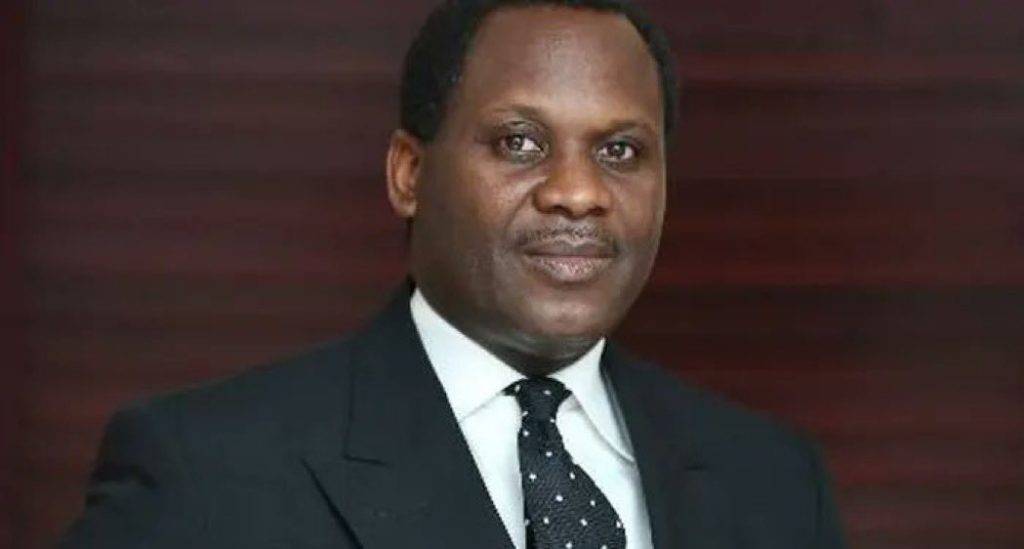
Acknowledging Service to the Nation
In recognition of Babatunde Irukera and Alexander Ayoola Okoh’s commendable service to the nation, the President has publicly acknowledged their contributions. Irukera’s impactful role in advancing consumer protection and Okoh’s significant efforts in improving public enterprises’ efficiency have not gone unnoticed. This acknowledgment underscores the importance of their work in serving the public interest.
The decision to relieve Irukera and Okoh of their duties should be viewed not as a negation of their achievements, but rather as a strategic move to enhance the effectiveness of the respective agencies through a thoughtful leadership transition. This decision reflects the government’s commitment to ensuring continuous improvement and adaptability in key areas of governance, aligning with its broader goals of fostering better service delivery and responsiveness to the evolving needs of the nation.
President Tinubu’s Farewell Message: A Testament to Amicable Transitions
In a poignant farewell note, President Tinubu extends heartfelt best wishes to departing individuals, Irukera and Okoh, highlighting their valuable service. This gracious acknowledgment, paired with warm regards, underlines the amicable nature of their departure. Beyond personal sentiments, this strategic move aligns with the President’s vision for organizational growth and stands as a testament to his commitment. By facilitating the transition of competent and dynamic individuals, Tinubu emphasizes his dedication to ensuring the ongoing contribution of skilled professionals to the nation’s development across diverse capacities.
This departure marks not only a shift in personnel but also a reaffirmation of the President’s belief in fostering a cadre of capable individuals for the country’s progress. The emphasis on future endeavors underscores a forward-looking perspective, positioning this transition as a stepping stone toward continued excellence and achievement. President Tinubu’s strategic and amicable approach reinforces a commitment to the nation’s prosperity by allowing competent leaders to contribute meaningfully in various spheres of development.
Table of Contents
Discover more from OGM News NG
Subscribe to get the latest posts sent to your email.

